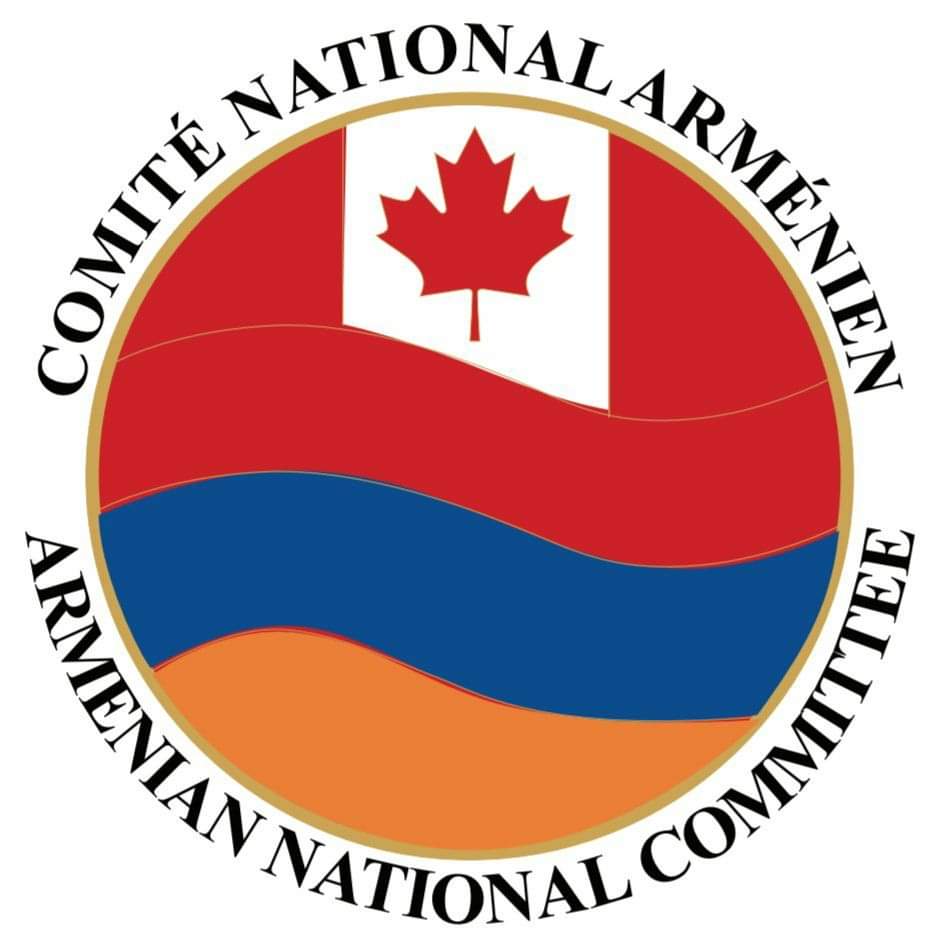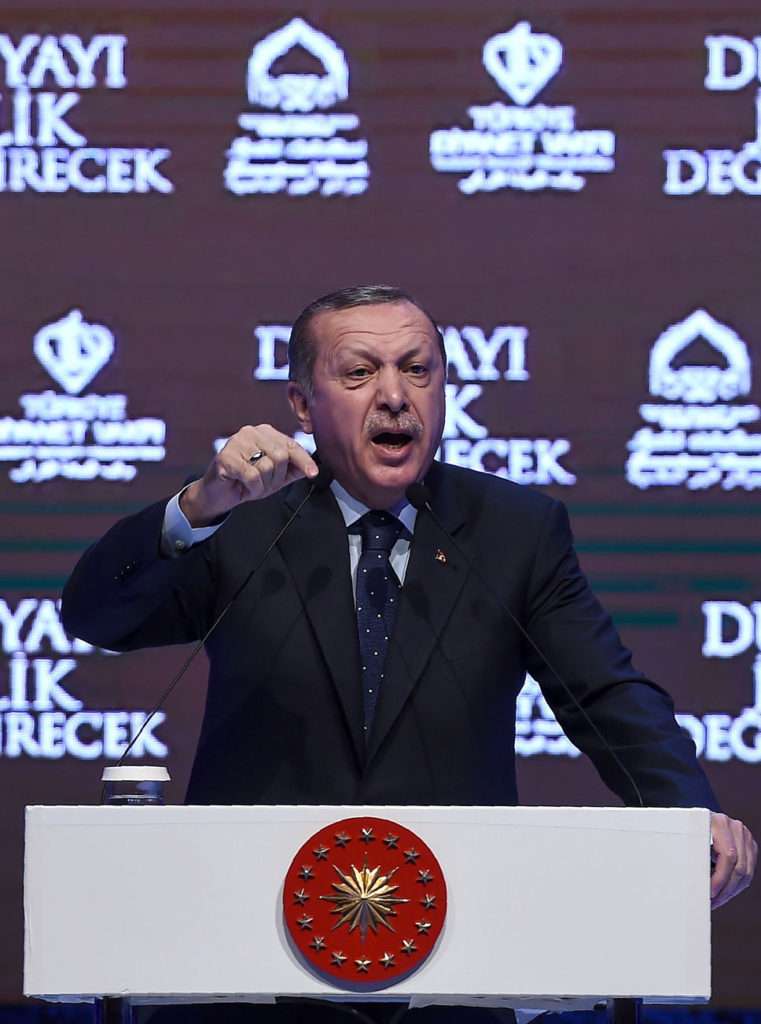By Kyle Mathews
OpenCanada
October, 2016
It is difficult not to be pessimistic about the direction in which Turkey is headed. The coup against President Recep Tayyip Erdogan in July may have failed but the fallout continues, shaking the country’s political system to the core and extending far past the country’s borders. Turkish-Western relations are at an all-time low.
In a recent interview with French newspaper Le Monde, Erdogan laid bare his frustration with Western countries, the United States in particular. “What more do Americans need? Their strategic ally is facing a coup and it takes them 45 days before sending anyone over? This is shocking,” Erdogan fumed.
In order to soothe Turkish concerns and mend a fractured relationship, U.S. Vice President Joe Biden travelled to Ankara in late August. Discussion topics included the extradition of Muslim cleric Fethullah Gulen, who lives in the United States and is alleged by Turkey to be the mastermind of the failed coup, the crisis in Syria, and the fight against the Islamic State in Iraq and Syria (ISIS).
Biden’s arrival came just hours after Turkey-backed Syrian rebels captured the Syrian town of Jarablus, which had been occupied by ISIS. While Turkish officials argued that this was being done to clear ISIS from the country’s border as a response to a deadly terrorist attack against a Kurdish wedding in Gaziantep, others have suggested the real aim is to pre-empt Kurdish rebels in Syria from capturing more territory.
Western countries, including the U.S., Canada, the United Kingdom and Germany, have come to depend on the Kurds as the most reliable partner in fighting ISIS on the ground. Their NATO-member ally Turkey, however, doesn’t show the same enthusiasm. It views the Kurds, not ISIS, as the real threat, and is targeting them within Syria. Ankara has rebuffed the U.S. diplomatically for expressing concern that military action should be focused against ISIS exclusively.
Perhaps the most worrisome sign emerging is Erdogan’s continued push towards authoritarianism and religiosity that is leading to a fundamental clash with Western states. In fact, we are witnessing diverging and incompatible interests between Turkey, the U.S. and a large number of European states in general. These diverging interests apply not only to the Syrian conflict and the fight against ISIS, but remain heavily concentrated on Erdogan’s policies within Turkey itself.
Even before the coup against him, Erdogan displayed authoritarian tendencies and began to go to great lengths to silence his political and ideological opposition. Since becoming president in 2014, Erdogan has brought just under 2000 lawsuits against people who have insulted him, including political opposition leaders.
His government has waged an overt campaign against the media, imprisoning journalists and shutting down media outlets like no other in modern Turkish history. In May, Ankara bureau chief Erdem Gul and editor-in-chief Can Dundar of opposition newspaper Cumhuriyet were sentenced to five years and five years and 10 months in prison, respectively. Their crimes? They reported on the Turkish intelligence service delivering arms and weaponry to Islamist rebels in northern Syria.
Turkey’s position on Syria and ISIS then becomes very problematic, given that the jihadist group has targeted European civilians and is committing genocide in areas under its control. Erdogan has long called for a regime change in Damascus and – though this would seem to be in sync with the goals of Western governments – appears to have provided supported for some of the most anti-Western militants fighting in Syria.
Just after the terrorist attack in Nice, France, French Foreign Minister Jean-Marc Ayrault publically questioned Turkey’s willingness to fight ISIS. “There are questions that are being asked and we will ask them. [fusion_builder_container hundred_percent=”yes” overflow=”visible”][fusion_builder_row][fusion_builder_column type=”1_1″ background_position=”left top” background_color=”” border_size=”” border_color=”” border_style=”solid” spacing=”yes” background_image=”” background_repeat=”no-repeat” padding=”” margin_top=”0px” margin_bottom=”0px” class=”” id=”” animation_type=”” animation_speed=”0.3″ animation_direction=”left” hide_on_mobile=”no” center_content=”no” min_height=”none”][Turkey] is partly viable but there are suspicions as well. Let’s be honest about this.”
In August, Germany’s Ministry of the Interior released a report that confirmed French suspicions. The report noted that “As a result of Ankara’s domestic and foreign policy that has been Islamized step-by-step above all since 2011, Turkey has developed into the central platform of action for Islamist groups in the Middle East region” and that furthermore “the numerous statements of solidarity and action of support for the Egyptian Muslim Brotherhood, Hamas and groups of armed Islamist opposition in Syria by the ruling party AKP and President [Recep Tayyip] Erdogan underline their ideological affinity to the Muslim Brothers.”
Turkey is at a crossroads. The path Erdogan has chosen could very well lead to the inevitable end of the Turkish-Western alliance. If this happens, he will have no one to blame but himself.[/fusion_builder_column][/fusion_builder_row][/fusion_builder_container]



